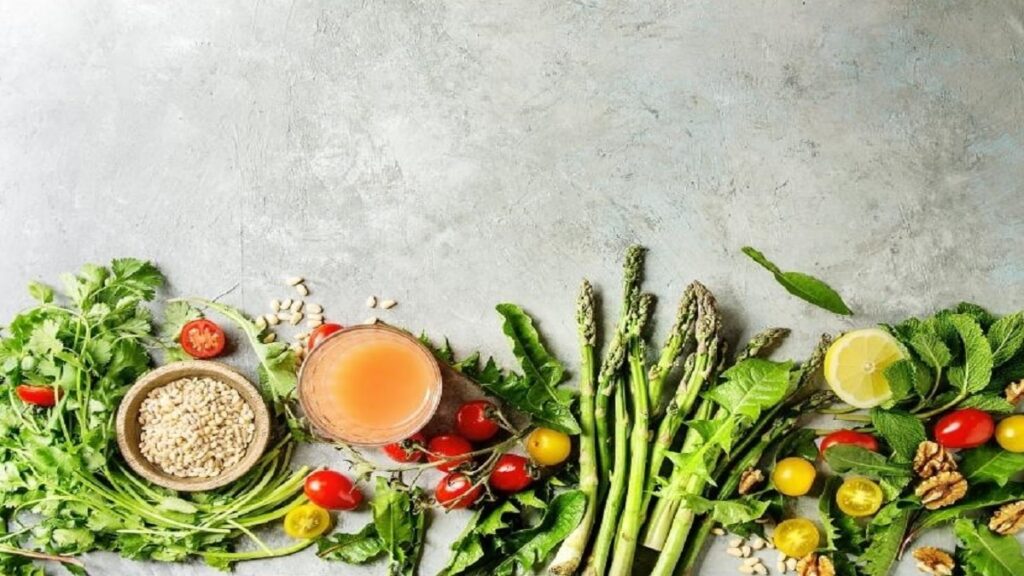Barberry: An Aesthetically Pleasing Garden Gem with Health Benefits
Table of Contents
1. The Fascinating World of Barberry
Recognized around the globe, Barberry is a plant treasured for its distinctive charm and health-enhancing properties. As a member of the Berberis genus, Barberry flourishes in a variety of regions, spanning from the Americas to Europe, and from Asia to Africa. Mostly manifesting as deciduous shrubs, Barberry species can grow between 1 to 5 meters, featuring sharp thorns, striking spring flowers, and brightly hued berry-like fruits. Barberry’s spectrum of colors, including red, blue, and black, bestows an exceptional allure to any garden landscape.
2. The Nutritional Wealth of Barberries
Barberry isn’t merely a visually appealing plant; it also harbors a treasure trove of nutrients within its berries. They are particularly abundant in berberine, a bioactive compound that holds strong antioxidant, anti-inflammatory, and antibacterial powers. Besides, these radiant berries are filled with key vitamins such as vitamin C and vital minerals like zinc and iron. Being an excellent source of dietary fiber, barberries offer a holistic nutritional composition.
3. The Health Promoting Aspects of Barberry
Barberry’s esteemed position in traditional medicine has been maintained for thousands of years, courtesy of its array of health benefits. These encompass:
- Digestive Wellness: Barberry, notably its berberine component, is believed to tackle diverse digestive issues like stomach discomfort, heartburn, and appetite loss by enhancing digestion and alleviating gastrointestinal distress.
- Cardiovascular Health: Berberine’s ability to regulate blood pressure and cholesterol contribute to a healthier heart.
- Immune Enhancement: Thanks to their high vitamin C content, barberries support the immune system, shielding against common illnesses.
- Skin Wellbeing: Barberry’s antibacterial and anti-inflammatory attributes have proven advantageous in dealing with skin conditions such as acne.
- Blood Sugar Control: Early research indicates that berberine might aid in managing type 2 diabetes by increasing insulin sensitivity and lowering blood sugar levels.
4. Prudent Use and Contraindications of Barberry
While barberry boasts significant benefits, it may not be the perfect fit for everyone. Specific precautions need to be observed in the following situations:
- During Pregnancy and Breastfeeding: Since barberry might incite uterine contractions, it’s not recommended for pregnant women. The safety of barberry during breastfeeding is not entirely clear, making it sensible to exercise caution.
- Pre-Surgery: Given barberry’s potential to influence blood clotting, it’s suggested to stop consuming it at least two weeks before any planned surgical procedure.
- Management of Diabetes and Hypertension: Individuals on medication for diabetes or high blood pressure should use Barberry judiciously to avoid potential interactions. Always remember to seek advice from a healthcare professional before integrating any new supplement into your regimen, especially if you are dealing with pre-existing health conditions or are on concurrent medications.
In sum, barberry stands out as a remarkable addition to any garden for its vibrant beauty and plethora of health benefits. However, like any power plant, barberry must be used responsibly and with an understanding of its possible contraindications.
The best barberry recipe
Zereshk Polo: A Taste of Persia with Barberry Rice
Zereshk Polo, or Persian Barberry Rice, is a cherished culinary gem from Iran. This dish skillfully combines the sour tanginess of barberries with the delightful aroma of saffron and basmati rice. Here’s how you can recreate this exotic dish in your kitchen:
Ingredients:
- 2 cups of basmati rice
- 1 cup of dried barberries (also known as zereshk)
- 4 tablespoons of butter (substitute with olive oil for a vegan variant)
- 1 tablespoon of sugar (optional)
- 2 tablespoons of rose water (optional)
- 1 teaspoon of saffron threads, steeped in 2 tablespoons of hot water
- Salt, as per taste
- 3.5 cups of water
- Optional add-ons: cooked chicken (whole or pieces) and a garnish of slivered almonds or pistachios
Procedure:
- Start by rinsing the basmati rice under cold running water until clear. Soaking the rice in salted water for 2 hours helps to achieve fluffiness. Drain it afterward.
- Meanwhile, soak the barberries in cold water for 20 minutes to remove any impurities, then drain and keep them aside.
- Next, in a large saucepan, bring 3.5 cups of water and 2 teaspoons of salt to a boil. Add the rinsed rice into the boiling water, and let it cook for about 6-8 minutes or until the grains are partially cooked – firm inside but soft on the outside. Drain the parboiled rice and rinse it with cold water.
- Melt 2 tablespoons of butter in a small skillet and stir in the drained barberries along with sugar. Sauté them over low heat for a minute or so. This step softens the barberries and reduces their tartness. Remove the skillet from the heat once the barberries start plumping up.
- Use the same skillet to melt the remaining butter. Layer half of the par-cooked rice over the melted butter. Sprinkle the sautéed barberries evenly over the rice, then top it with the remaining rice. Drizzle the rose water and saffron-infused water over the rice.
- Cover the skillet and let it cook on low heat for approximately 45 minutes. This step helps to steam the rice and forms a delightful crispy layer at the bottom, called ‘tahdig’.
- If you wish to include chicken, prepare it by either roasting or boiling it while the rice is cooking.
- Upon completion, use a fork to fluff the rice gently, ensuring the grains remain intact.
- Serve this fragrant and delicious Barberry Rice on a platter, topped with chicken (if using), and garnished with slivered almonds or pistachios, as preferred.
Relish the exotic flavors of Zereshk Polo!
Disclaimer: Be sure to consult with a healthcare professional before adding any new foods, such as barberries, to your dietary regimen, especially if you have existing health concerns or are on medication, as certain foods may have potential interactions.
Read Also:




